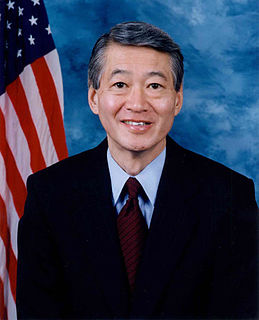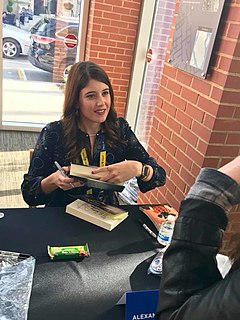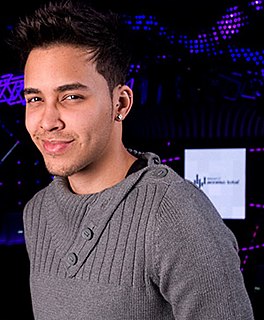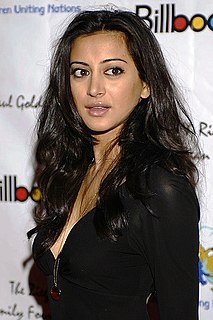A Quote by George Takei
You know, I grew up in two American internment camps, and at that time I was very young.
Related Quotes
Growing up, I didn't know about the Japanese internment camps until I saw a movie of the week as an adult. I remember going, 'How come that wasn't covered in history class?' Moving to California, you run into people whose grandparents lost everything and their businesses and were put in these internment camps.
I was born in Iran, left at a very young age-less than a year old-and grew up and was educated in the West. I grew up thinking of myself as an American but also, because of my parents and the Iranian culture that was in our home, as an Iranian. So if there's any such thing as dual loyalty, then I have it-at least culturally.
































